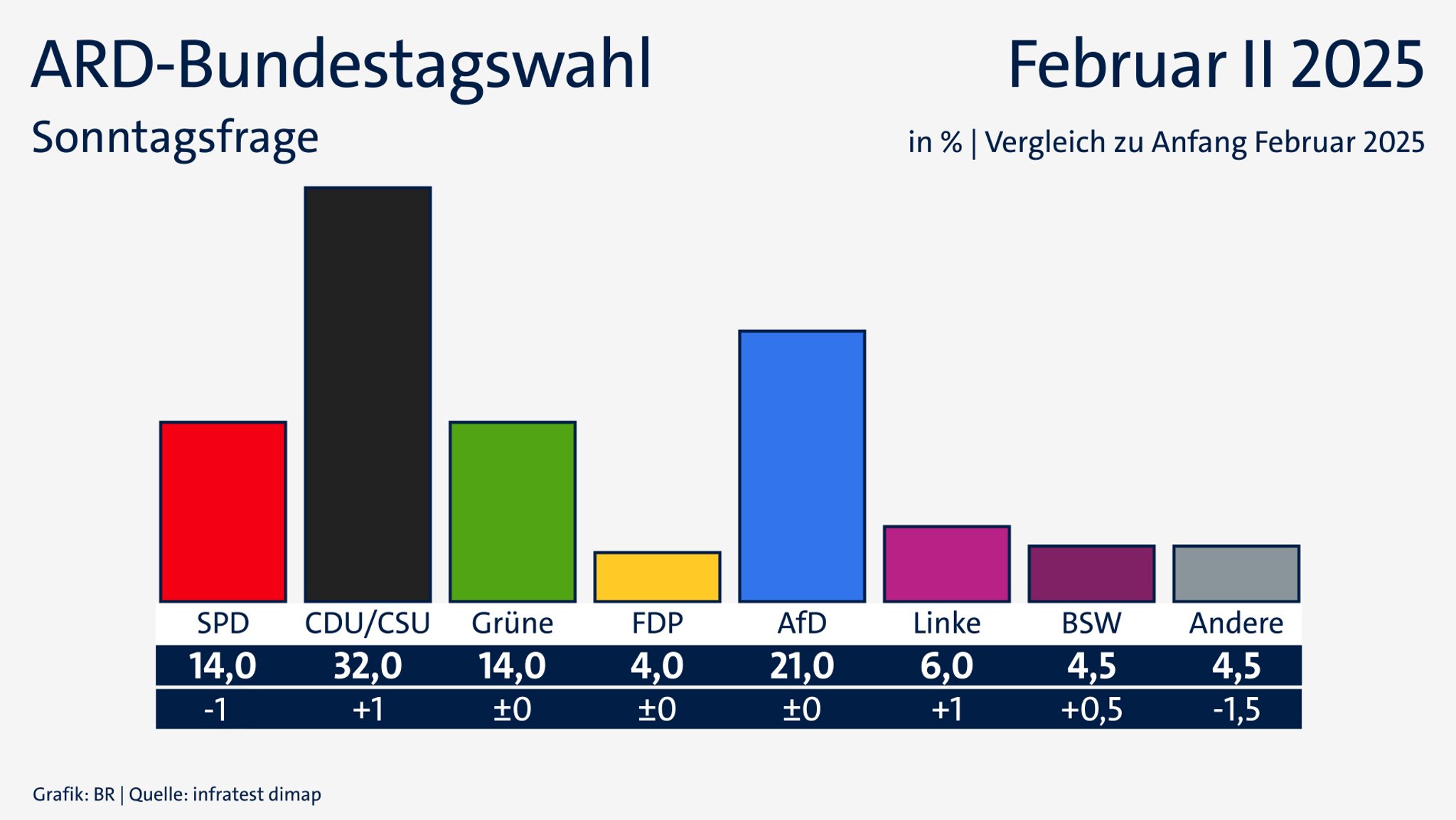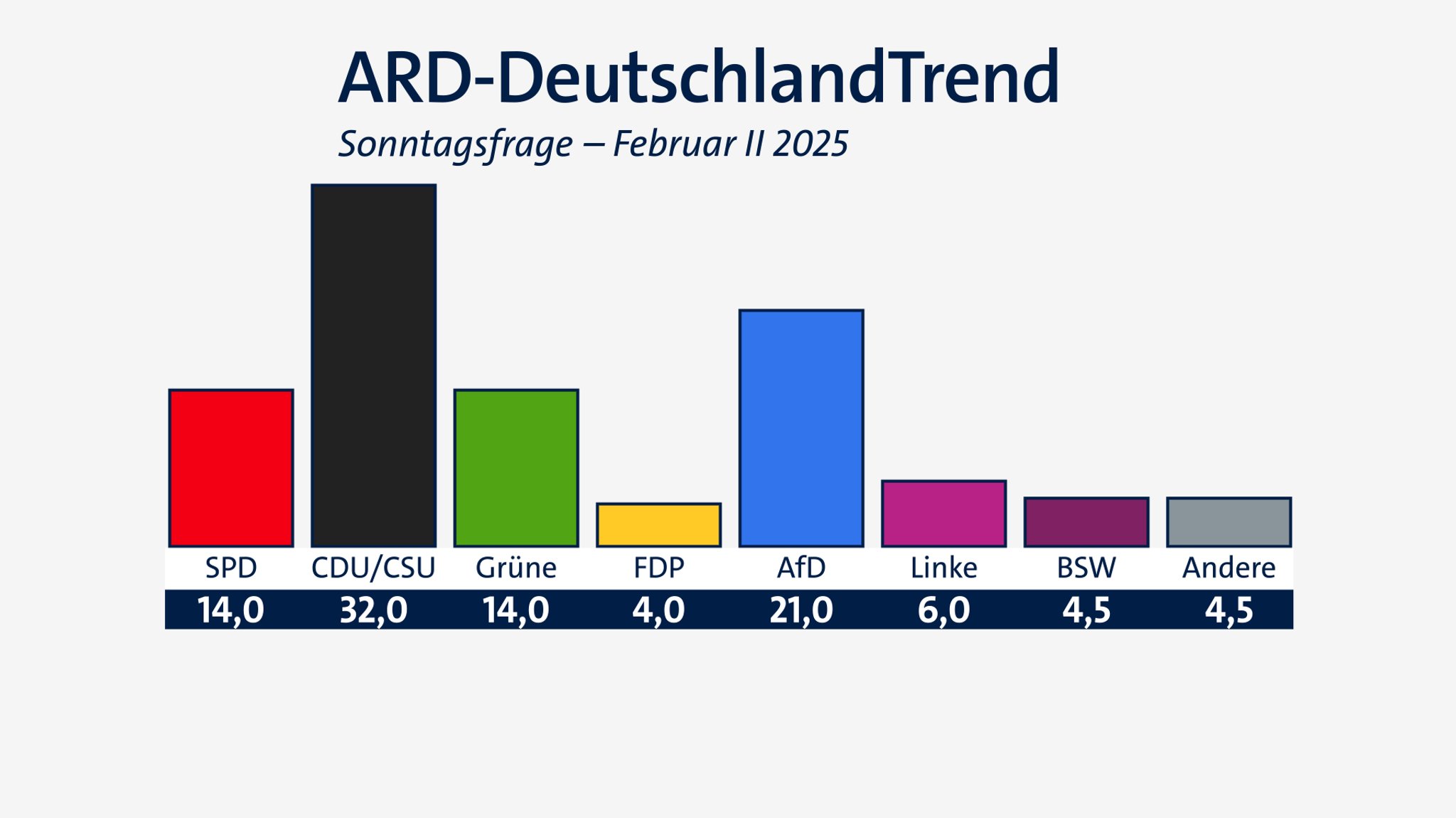In c and c++, the type signature is declared by what is commonly known as a function prototype. Syntax in c and c++, a type is given in a function declaration or variable declaration by giving one or more type specifiers, and optionally type qualifiers. · it adopts the latest intelligent induction welding technology, 3800a super large current output, stable and firm welding,less consumables,smaller welding spots/marks/seams,will not damage metal plating or anti-rust paint on the back. For example, a function pointer with the signature (int)(char, double) would be called as: Suitable for small dents, hail marks, and minor collision dents on body panels. · equipped with digital screen, showing real-time temperature and working modes. [1][2] different c standards provide different, albeit backwards-compatible, sets of functions. C mathematical operations are a group of functions in the standard library of the c programming language implementing basic mathematical functions. Vevor magnetic induction heater kit, 1000w 110v portable hand-held induction heater with 10pcs induction coils, flameless induction heater bolt remover with case, fit for removing rusty bolts & nuts The actual values depend on the implementation. 【car dent puller】this is a kind of p-d-r (paintless dent removal) series hot box magnetic induction dent removal system, which can be used to quickly and cleanly remove dents, door marks and other minor soft dents on cars. This is a guarantee that this parameter cannot be inadvertently modified after its initialization by the caller. Features a high-frequency current that produces a strong magnetic field to rapidly heat metal objects. Most of these functions are also available in the c++ standard library, though in different headers (the c headers are included as well, … That has since been removed; In c/c++, a function declaration reflects its use; Discover powerful induction heater kits for paintless dent removal. In computer programming, a pure function is a function that has the following properties: A powerful and efficient induction heating machine designed for melting silver and gold. · the electromagnetic induction dent repair system heats the painted metal body from the outside without flame and without consuming material, easily eliminating all kinds of round and minor dents and releasing the stress on the … Non-static member functions may be non- const. Int const * ptrtoconst can thus be read as ptrtoconst is a int const (the value is constant), or ptrtoconst is a int const * (the pointer is a pointer to a constant integer). For example, an integer variable can be declared as: Also, c++11 stated that all non-static member functions that were declared constexpr were also implicitly declared const, with respect to this. [1][2] the function return values are identical for identical arguments (no variation with local static variables, non-local variables, mutable reference arguments or … [6] however, per the restrictions above, a non- const constexpr member function can only modify a class member if that object. In c/c++, it is possible to declare the parameter of a function or method as constant. Works on flat, curved, or edge dents, restored effectively via heating and pulling. Information about the actual properties, such as size, of the basic arithmetic types, is provided via macro constants in two headers: Compact, portable designs with safety features and versatile accessories. Header (climits header in c++) defines macros for integer types and header (cfloat header in c++) defines macros for floating-point types. Users clearly grasp device status, easy for beginners to operate, reducing mistakes from improper use. The c++ convention is instead to associate the * with the type, as in int ptr, and read the const as modifying the type to the left.
Nicht Verpassen Der Ard Deutschlandtrend Und Der Schrumpfende Union Vorsprung Die Wichtigsten Fakten
In c and c++, the type signature is declared by what is commonly known as a function prototype. Syntax in c and c++, a type...




